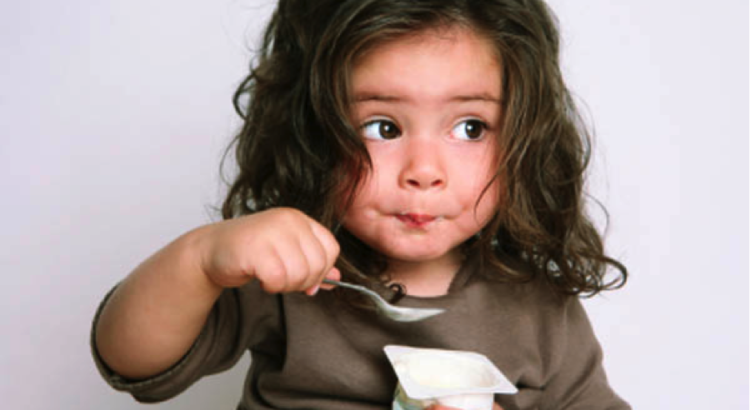Snacks are not only fun treats, they’re an essential part of daily eating, as they provide nutrients which will help kids reach their full growth potential. Snacking can help kids keep their energy up, make up for skimpy or skipped breakfasts, and provide fuel before after-school sports or other activities.
Good snacks provide carbohydrates, protein, fiber, and some healthy fat. Generally speaking, foods rich in protein or fiber help kids stay fuller for longer, and they’re packed with the nutrients kids need to thrive.
It’s important to be a snack role model. What do your kids see you snacking on? As kids get older, they generally follow your lead, so choose your own snacks wisely. The easiest way to do this is to use the same guidelines for snack planning as for meal planning; feed your child the same types of foods you would at breakfast, lunch, and dinner, including low-fat dairy and other lean protein sources, such as eggs, whole grains, fruits, and vegetables. Think of snacks as mini meals.
There’s debate about how many calories a child’s snack should provide, but it makes sense to aim for about 100 calories for smaller children, to upwards of 300 calories for active teenagers. Let your child’s hunger rule what he or she eats.
Here are a few healthy snack ideas for your little ones:
- Prunes & Dates mixture
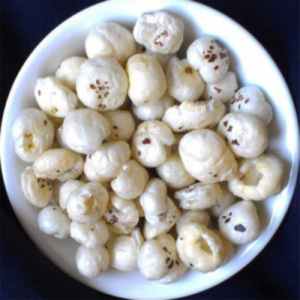 Roasted Makhanas (Lotus Seeds), peanuts, cashew mixture
Roasted Makhanas (Lotus Seeds), peanuts, cashew mixture- Boiled potato or Sweet potato chaat
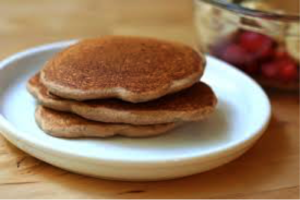 Whole wheat flour pancakes
Whole wheat flour pancakes- Cheese Dosa can be served with nutrition packed chutneys-: Walnut chutney, Amla Chutney
Also Read: Here It Is-The Fun n Healthy SnackBox Plan Week 3!!!
- Omelets with veggies/scrambled eggs/sunny side up
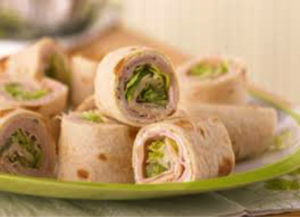 Whole wheat wraps/Rolls /frankie with fillings like: Cottage cheese/cream cheese/grated cheese/chopped or mashed veggies
Whole wheat wraps/Rolls /frankie with fillings like: Cottage cheese/cream cheese/grated cheese/chopped or mashed veggies- Paneer dhokla sandwich
- Homemade Srikhand/fruit yogurt/smoothies
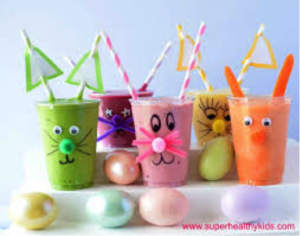 Carrot kheer /carrot halwa
Carrot kheer /carrot halwa- Home made Walnut cake
- Home made Milkshakes
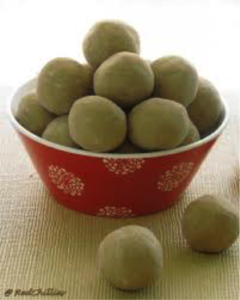 Atta laddoos
Atta laddoos- Til Laddoos
- Mix Fruit Chaat
- Air Popped Popcorns
- Peanut Chikki
- 18. Besan / Moong dal Cheela
